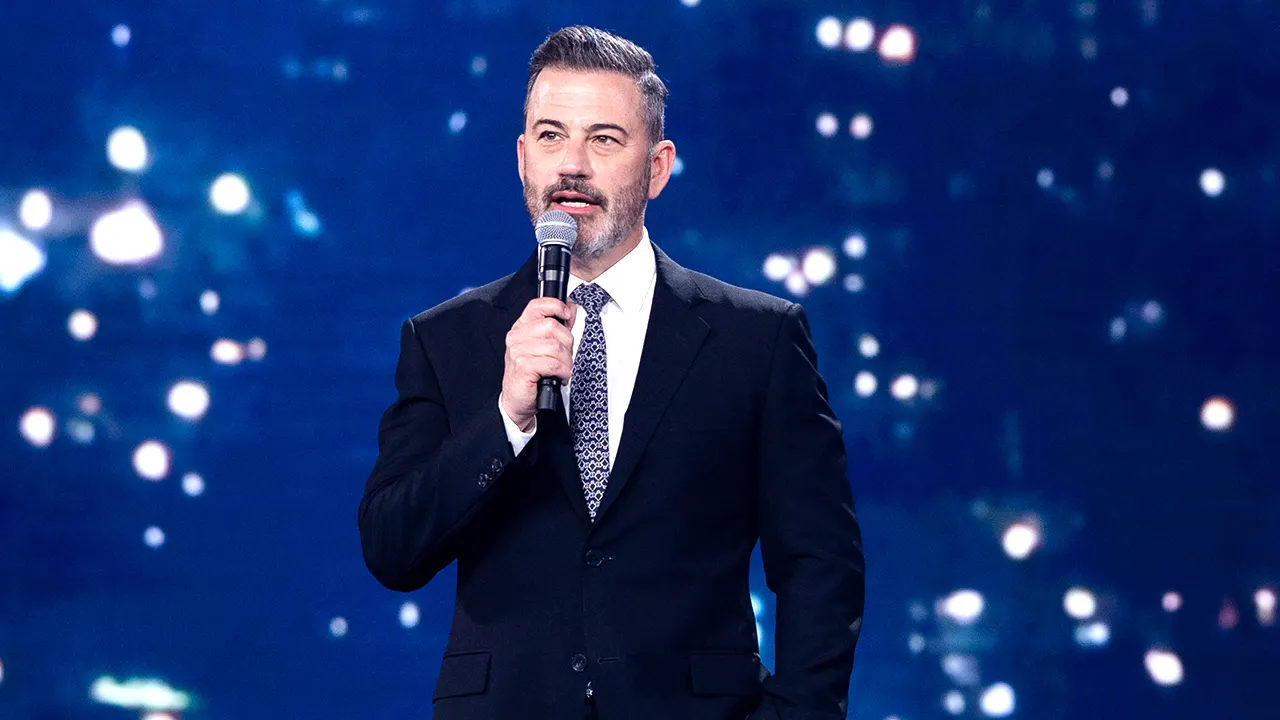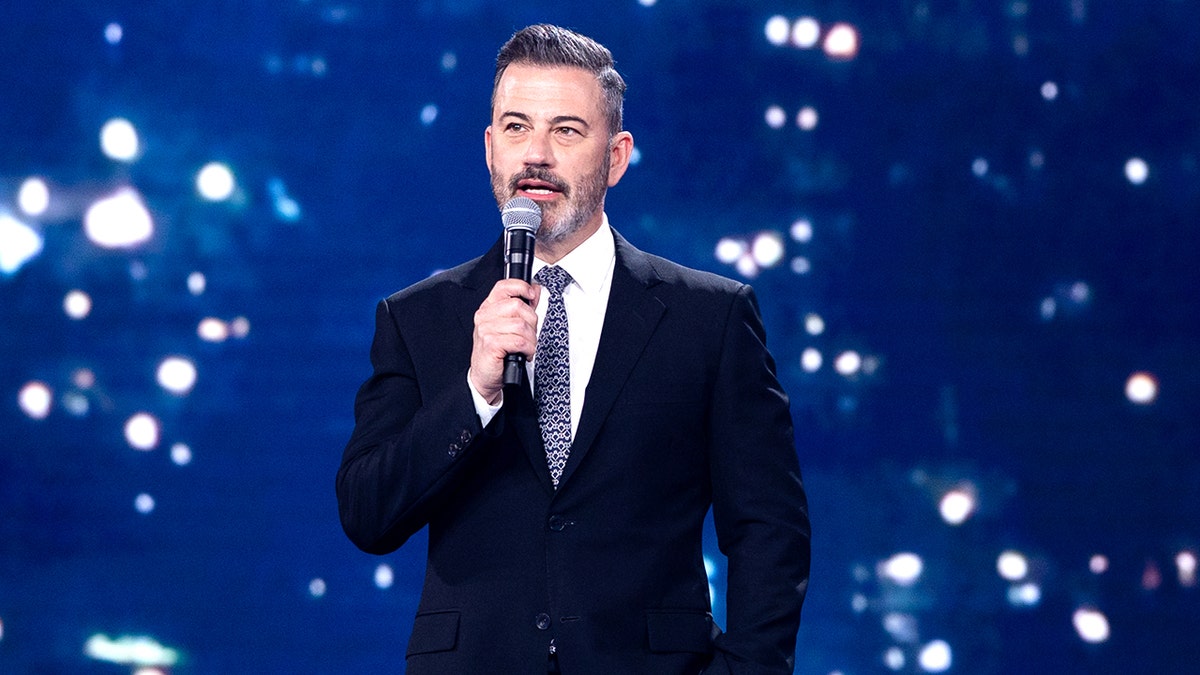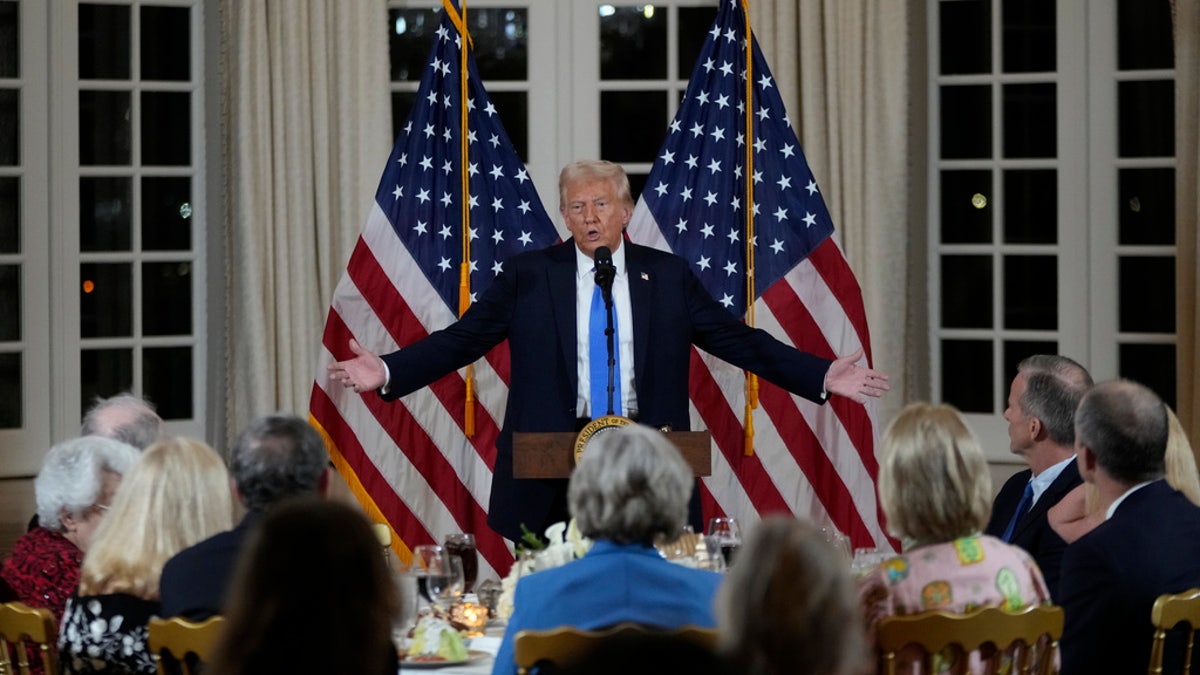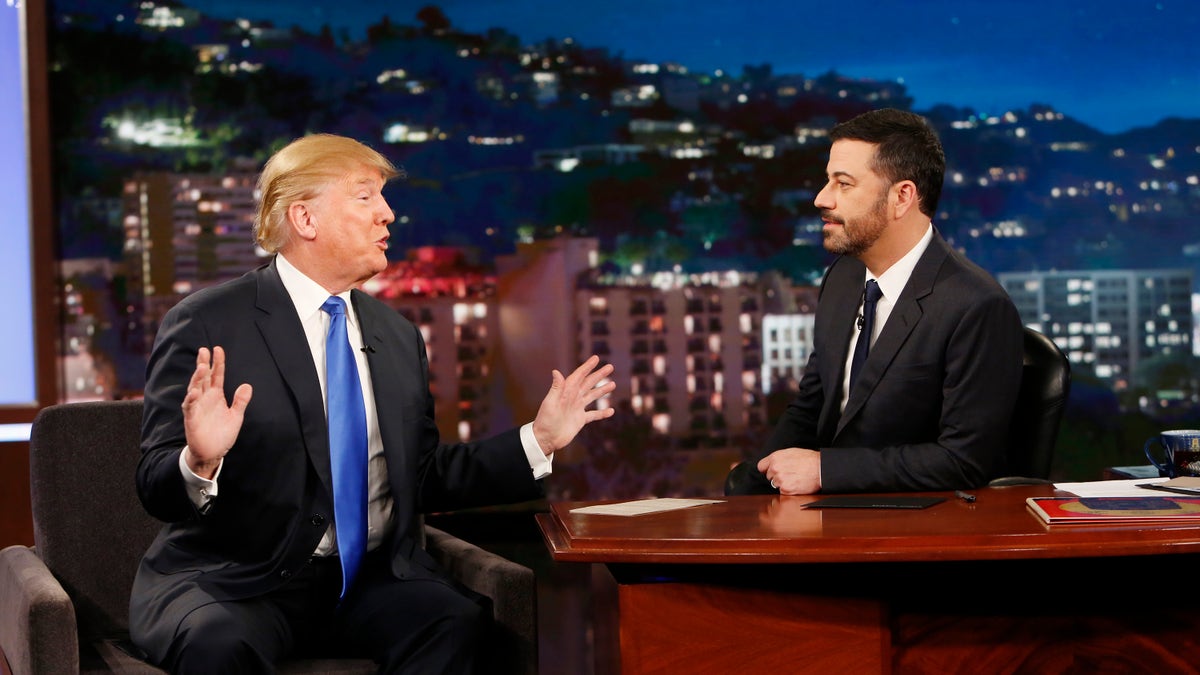Physical Address
304 North Cardinal St.
Dorchester Center, MA 02124
Physical Address
304 North Cardinal St.
Dorchester Center, MA 02124

ABC’s decision to suspend Jimmy Kimmel came after a controversial monologue in which the late-night host suggested the man accused of killing conservative commentator Charlie Kirk had ties to the MAGA movement. The network’s move — driven by affiliate preemptions, pressure from the Federal Communications Commission, and swift political backlash — has fueled a larger debate about free speech, editorial judgment, and broadcast responsibility.

ABC pulled Jimmy Kimmel Live! from the lineup “indefinitely” after dozens of stations said they would not air the episode that followed Kimmel’s remarks. Major affiliate groups signaled they would preempt the program, a commercial reality that quickly made the show unviable in many markets and prompted the network to suspend broadcasts
In his monologue, Kimmel criticized public figures’ responses to the assassination and referred to the alleged perpetrator as “one of them,” implying alignment with the MAGA movement. Although Kimmel began with condolences for Kirk’s family, his suggestion of a political link to the killer provoked intense backlash because the claim remained unproven and came at a highly sensitive moment.
FCC Chair Brendan Carr publicly criticized Kimmel’s comments and warned broadcasters about airing content he called harmful, framing the situation as an obligation tied to broadcast licenses and the “public interest.” Carr’s statements contributed to the pressure on ABC and its affiliates and raised alarms among free-speech advocates who saw regulatory threats against editorial content.

Former President Donald Trump praised ABC’s move, calling it an act of “courage” and also attacking Kimmel’s talent and ratings. At the same time, high-profile media figures and comedians rallied to Kimmel’s defense, arguing the suspension risks chilling legitimate commentary and satire. The episode quickly became a flashpoint in debates about media independence and political influence on broadcasters.
Beyond politics and regulation, the suspension reflects business realities: when major affiliates refuse to air a show, advertisers and parent-company executives face immediate financial and reputational consequences. Some critics argue ABC may have used the controversy as cover to remove a lower-performing show; others say the network had little choice once affiliates and regulators moved against the program.

The Kimmel episode spotlights tensions that are only growing in American media: how networks balance provocative commentary with accuracy and sensitivity, how regulators interpret the public-interest obligations of broadcasters, and how political pressure influences programming decisions. If broadcasters alter editorial choices to avoid regulatory or political repercussions, critics warn the result will be less robust, less adversarial journalism and comedy on major platforms.
